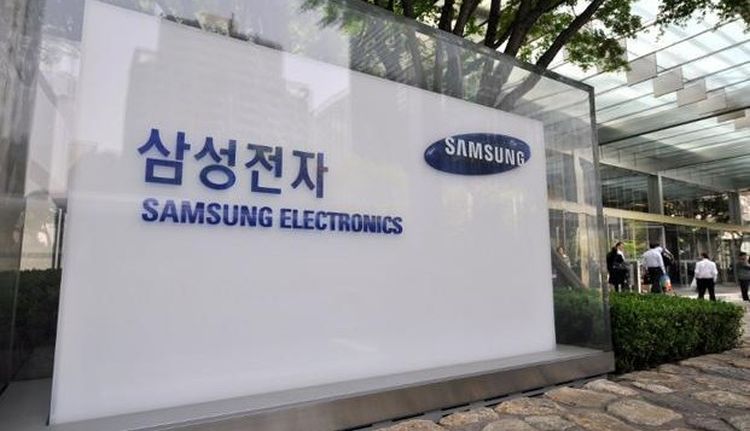Samsung Electronics Co Ltd expected on Friday a record operating profit for April-June.
The tech giant’s record figures have been propelled by a memory chip boom that will continue to pad margins for the rest of 2017, said analysts.
The Apple Inc smartphone rival and global memory chip leader said second-quarter operating profit was likely 14 trillion won ($12.11 billion), compared with the 13.1 trillion won average of 19 analyst estimates in a Thomson Reuters poll.
Revenue likely rose 18 percent from a year earlier to 60 trillion won, also a quarterly record, versus analysts’ forecast of 59 trillion won. The South Korean firm did not elaborate and will release detailed earnings in late July.
The robust estimates reinforce expectations for best-ever earnings for Samsung this year, fueled by a so-called memory chip super-cycle. Samsung has the most advanced memory chip production technology.
Other milestones may be waiting. Samsung’s quarterly profit may have surpassed Apple’s for the first time, and Samsung’s semiconductor revenue, which had been second to Intel’s, likely surpassed the US company’s in the second quarter, analysts said.
The Suwon, South Korea-headquartered company’s financial performance has usually mirrored trends in the global economy or followed cycles in the consumer electronics industry, such as how often users upgrade their televisions or smartphones.
That is no longer the case. Now data is driving its growth.
“To process and analyze big data, data storage comes first and this is the driving force behind Samsung’s record-high profit,” Hwang Min-sung, an analyst at Samsung Securities, said in a report. “Consumers’ data usage exploded and companies are not saving their money to invest in servers for data storage and data analysis.”
Global tech companies like Google, Amazon and Facebook are scurrying to add more servers for their databases to store, analyze and process the massive data generated from connected devices by consumers surfing the internet to stream videos and music, sharing and viewing photos and files online and using mobile applications.
The adoption of artificial intelligence and growth of the “internet of things” that takes vehicles, refrigerators and even mundane objects like toothbrushes online will drive even higher demand for microchips that can handle more data with speed and energy efficiency.
Analysts estimate that Samsung’s semiconductor division, which makes DRAM and NAND chips for mobile devices and servers, generated nearly 8 trillion won ($7 billion) in April-June, or 60 percent of its quarterly profit.
That’s close to what Samsung’s semiconductor division used to earn in a full year.
Analysts forecast Samsung’s quarterly semiconductor profit will continue to rise because none of its rivals are likely to catch up or match its know-how and investment in memory chip production.
Another profit driver has also emerged in the form of organic light-emitting diode (OLED) displays. Samsung has a stranglehold on the market for the bendy, next-generation screens which are widely expected to be used for Apple’s latest iPhones, due out by October.
“In July DRAM prices will go up again, while from mid-August on, OLED panels go out for Apple,” HMC Investment analyst Greg Roh said. He expects Samsung’s third-quarter operating profit to exceed 15 trillion won.
Samsung shares were down 0.3 percent in early Friday trade, compared with a 0.2 percent fall for the broader market, as the strong earnings outlook was already priced in. The stock is up more than 30 percent this year and hovering near all-time highs.
While analysts say the memory chip industry will ride a super-cycle for several years on the back of consolidation and new demand from services such as cloud computing and artificial intelligence, its growth rate may slow from the massive jump expected this year.
Samsung said on Tuesday it would invest $18.6 billion to extend its lead in memory chips and next-generation displays, a move likely to ease shareholder fears that major decisions were on the backburner while Vice Chairman Jay Y. Lee fights bribery charges in court.
On the mobile front, sales prospects for the Galaxy Note 8 will be closely watched in the third quarter, after its predecessor was pulled from the market last year due to fire-prone batteries.
Samsung is preparing to unveil the handset in August, a source told Reuters, underscoring the firm’s desire to continue the Note brand. ($1 = 1,156.4200 won)
